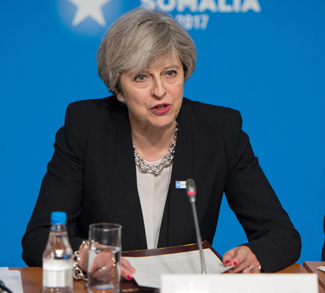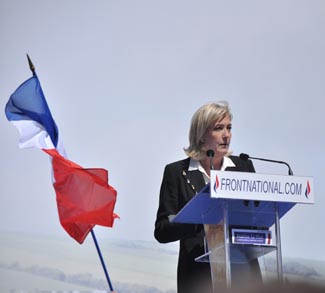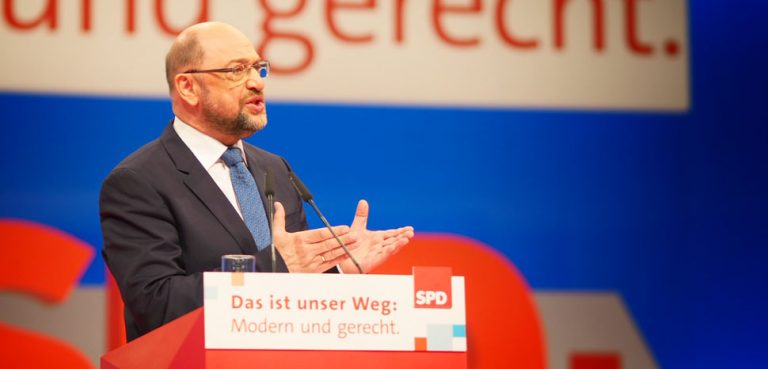Summary
The governing UK Conservative Party (who have formed a minority administration propped up by a so-called ‘confidence and supply’ deal with the small and hard right Democratic Unionist party) has been enduring a stormy party conference this week. Prime Minister Theresa May has been trying to unite the Conservatives around a platform, but her Cabinet colleagues have been busy squabbling over the terms. In particular, the Foreign Secretary Boris Johnson has been seen by many analysts as pushing for a harder Brexit than the prime minister has publicly supported. The Foreign Secretary is thought to be positioning himself as the champion of the most enthusiastic Brexiters; he recently declared that the referendum result was not a ‘plague of boils’ in a speech that criticized various British political and media figures opposed to the UK’s withdrawal from the European Union (EU).
The party conference was seen as a test of Conservative unity before the resumption of talks with Brussels.
Background
The slow and confused pace of Brexit talks has been infuriating European Commission President Jean-Claude Juncker, a staunch federalist. For him, there has not yet been sufficient progress in the Brexit talks, and Juncker maintains that European Union taxpayers will not be saddled with the bill for Brexit.
On the other side of the table, talk of the UK having to meet its outstanding financial commitments to the EU before it can withdraw remains deeply unpopular among Brexit supporters. The sheer size of the bill is also one of the issues slowing the talks. The fourth round of negotiations took place at the end of September, and saw progress on some issues such as the rights of EU citizens in the UK after withdrawal from the EU. But leaders of the main political blocs in the European parliament have offered a particularly pessimistic assessment of the Brexit negotiations, stressing how UK government infighting is preventing a coherent British negotiating position from emerging and acting as a drag on talks.




